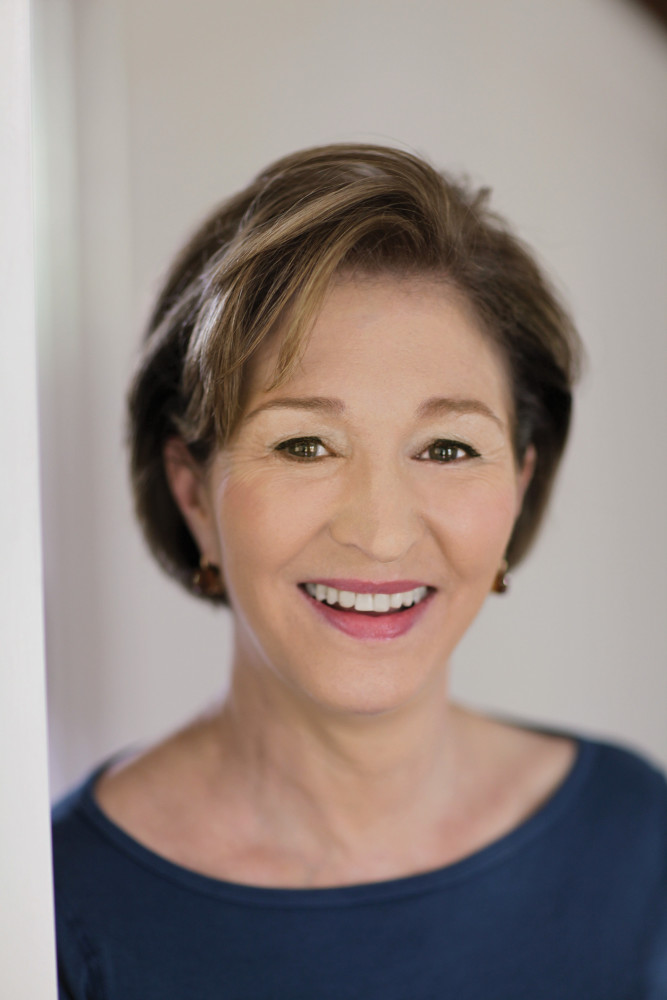OPINION
By Lois Kazakoff
San Francisco Chronicle
WWR Article Summary (tl;dr) This article takes a look at how we value caregivers. The author Lois Kazakoff points to the work of Anne-Marie Slaughter, who spoke Tuesday at the Bay Area Women’s Summit. Slaughter, the president of New America and a Princeton professor, has written extensively about elevating the value of care. Slaughter frames it as advancing equity for domestic workers and professional women alike. “If we focus on care, we get to policies that help all women,” she said.
San Francisco
As a woman of a certain age, I’ve struggled for decades with admission to and recognition in the workplace, and with the frustrating task of balancing life and work. Now I realize the next step is to re-evaluate the work my mother did — caring for her family.
In my personal journey, I cast off or reprioritized much of what she had taught me. I remodeled my look (business jackets, never soft sweaters). I avoided the kind of grassroots community volunteer work she thrived on and instead sought out opportunities to widen my professional network. She must have felt devalued by her daughter’s frenetic, single-minded, work-related pursuits. Once, when called for jury duty, she told the court clerk she was “just a housewife.”
Far from “just a housewife,” my mother and the women like her — who work every day to make their house a home, their city a community and their family happy, healthy and resilient — are the glue that holds society together. I didn’t tell my mother enough how much I valued her creativity and hard work to care for us and the community we lived in. As a society, we don’t value care and we must. Starting now.
“The caring professions are paid less well and valued less than competitive professions,” noted Anne-Marie Slaughter, who spoke Tuesday at the Bay Area Women’s Summit, a gathering of 1,500 (mostly) women at Moscone Center in San Francisco. “That must change.”
Slaughter, the president of New America and a Princeton professor, has written extensively about elevating the value of care. She frames it as advancing equity for domestic workers and professional women alike. “If we focus on care, we get to policies that help all women,” she said.
But we can’t do it without men. “We need to change the way we see and treat men,” she said. “We need to expect men to be caregivers and to be equally good as women are at it.”
Josh Levs, a journalist who calls himself a “male feminist,” told the summit attendees, “men suffer from work-life conflict as much as or even more than women.” He is leading a campaign to get corporate America to rethink an “antidad, work-first culture” that he says stems from prejudice against women.
It’s a culture left over from the “Mad Men” world of the 1960s that no longer fits in the digitally connected, 24/7 global economy, where half the workforce is female and most women are breadwinners — often the sole breadwinner — for their families. And what a recipe for societal unhappiness and dysfunction: Women’s work is not associated with economic value and men’s value is not associated with care. Neither is true, yet, as Levs said, “We’ve baked in (to our workplace policies): woman-baby-home; man-work.”
Our health, our happiness — our economy — depend on us changing this culture. The summit co-hosts, Mayors Ed Lee of San Francisco and Libby Schaaf of Oakland, each announced actions they personally or their administrations would undertake in the next two years to advance equity and end discrimination. Then they asked each attendee to write down on a Post-It: “To move the world forward, I pledge to …”
I pledged to use the bully pulpit of The Chronicle call out specific laws that keep harmful, family-unfriendly policies in place and work to change them.
As Schaaf said pointedly, “We’re not just here to talk.”
What will you do to move the world forward?














































































































































































































































































































































































